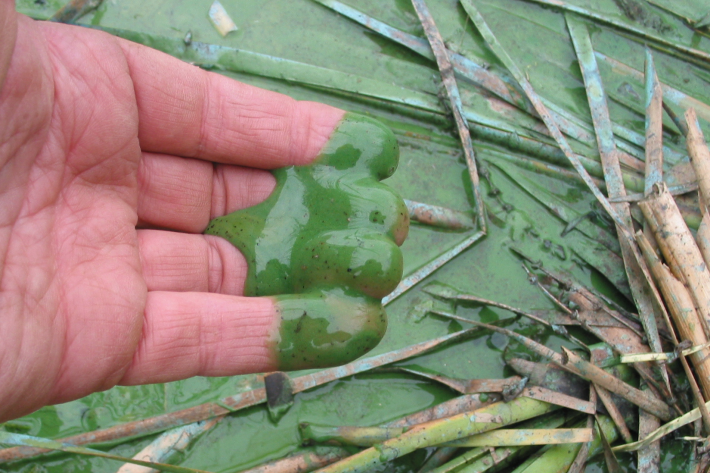-

Stormwater - an introduction
Stormwater is a major concern for New Zealand because of its potential effects on the ecological health of our urban streams and coastal waters, as well as on the economic, social and cultural value of these environments. -

Analysis of water quality trends
NIWA has developed a powerful software tool for the analysis of water quality data. -

Piharau
Piharau/kanakana are an important mahinga kai species and a prized delicacy for many Māori. -

Forestry activities
Forest plantations in Aotearoa can be found on flat, gently rolling, or very steep terrain. -

Hydro
Hydro-electricity is a renewable energy source that relies on the inflow of water into storage lakes upstream of a dam. -

Freshwater databases online
More information about our online freshwater databases. -

Aquaculture Activities
Shellfish gathering and farming take place in marine and freshwater environments. -

River Environment Classification
The River Environment Classification (REC) is a database of catchment spatial attributes, summarised for every segment in New Zealand's network of rivers. -

Mahinga kai and migration
A high proportion of New Zealand’s native freshwater fish fauna need to migrate to and from the sea. -

Algal monitoring service
ServiceBlooms of hazardous cyanobacteria (blue-green algae) in rivers, lakes and reservoirs can cause problems for both animal and human health. -

Identification and e-guides
Downloadable and printable guides on identification of common freshwater invertebrates found in New Zealand waterways and lakes.

